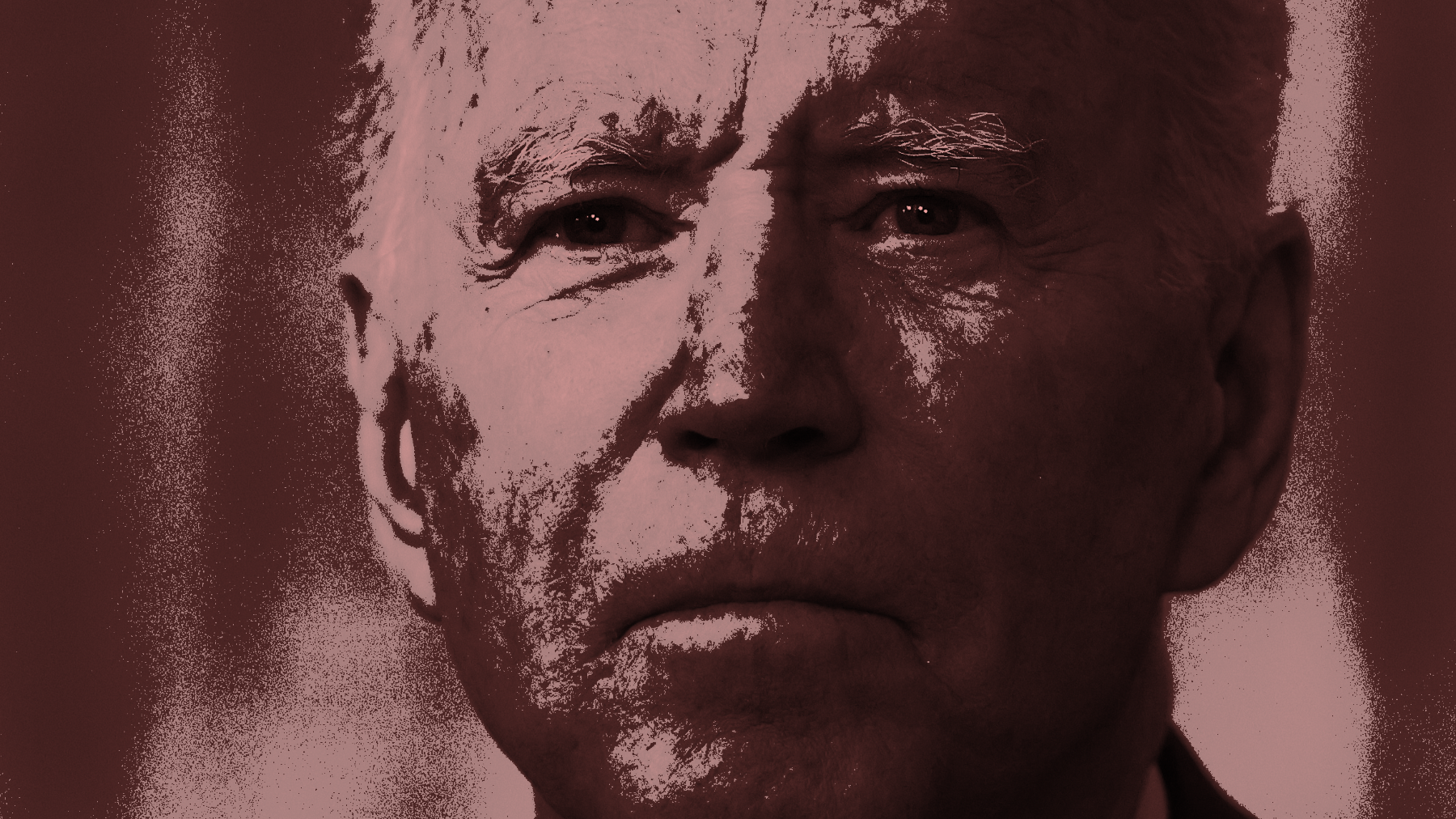The Lincoln Project isn’t the only purveyor of fake conservative grift.
Ego before Party

Former Defense Secretary Mark Esper plays a common game in attacking his former boss.
Former Secretary of Defense Mark Esper has indulged in the worst of all Beltway traditions: the self-serving, post-government memoir. Based on initial reviews and press reports, the sanctimoniously titled A Sacred Oath embodies the worst instincts and bankrupt worldview of American foreign policy elites. Esper has promoted his book by relentlessly trashing his former boss as, among other things, a “threat to democracy” unfit to serve as President.
When nominated in 2019, Esper was a promising candidate for Secretary of Defense in a Trump Administration. In contrast to his immediate predecessor, acting secretary Patrick Shanahan, Esper looked the part and had only spent part (rather than all) of his previous professional career in the employ of a major defense contractor. As a veteran of the Army, Capitol Hill, and the Heritage Foundation—and a graduate of the Harvard Kennedy School—Esper was acceptable to the defense establishment. However, unlike previous secretary James Mattis, Esper was a longtime civilian who presumably did not see it as his mission to actively oppose President Trump’s America First policies.
Esper’s score-settling is likely borne of personal pique. President Trump fired Esper unceremoniously after rendering him a pariah in polite company—and perhaps less employable—by, among other things, enlisting the help of the Department of Defense (DOD) in responding to the riots that swept the country in summer 2020. Picking a fight with the former President still seems like an ungracious response to the man who elevated Esper from lobbyist to cabinet secretary in less than two years.
However, to the extent he’s trying to engender goodwill with establishment institutions, Esper’s approach to Oath is miscalculated. His headline-grabbing revelations have been dismissed by many on the left as “too little, too late”—“Why did you wait to put it in a book?” Stephen Colbert asked Esper—and will likely be soon forgotten altogether. More is expected from defectors than just a rehash of familiar gossip and complaints. If the trajectory of others who have trod this path is any guide, remaining useful to the anti-Trump cause will require a steady stream of commentary on a wide range of topics. Esper should be ready to opine on the impact of striking down Roe v. Wade on servicemember readiness, or join his ally, Chairman of the Joint Chiefs of Staff Mark Milley, in defending increasing wokeness at the Pentagon.
Assuming nobler motives, Esper makes the fundamental, yet all-too-common, error of setting up himself—rather than the duly elected President—as the definer and defender of American national security interests, and a “circuit breaker” against Trump’s supposedly dangerous directives. A common trope in this regard is the refrain that “I took an oath to the Constitution, not the President.” But it is that same sacred Constitution that invests in the President, not his unelected agents, “the executive power”—and designates him as Commander-in-Chief of the armed forces.
Through grave miscalculations in Iraq and elsewhere, the foreign policy establishment has squandered any entitlement to a presumption that they know better than the President, or the American people who elected him. One of Esper’s supposedly sensational allegations is that President Trump wanted to use military force to “destroy the drug labs” in Mexico. But why is it not common sense to attack, by any means necessary, the source of a problem that substantially contributed to the more than 100,000 U.S. overdose deaths in 2021? The defense establishment refuses to accept that the unrestricted flow of drugs and people over the southern border is at least as urgent a national security priority as fomenting far-flung conflict in the Middle East or with Russia.
A fundamental dispute between President Trump and Esper was over the drawdown in Afghanistan. Mattis had quit publicly over withdrawing troops from Syria, and the DOD simply refused to give the Commander-in-Chief good options for ending America’s longest war. Esper has claimed that he stayed on Secretary of Defense as long as he did out of fear his successor would be a “yes man.”
In fact, Christopher Miller ably led Defense as acting secretary during the final two months of the Trump Administration. It was current Secretary Lloyd Austin who turned out be a “yes man” to the Biden White House’s indefensible decision to close Bagram Air Base before withdrawing American troops from Afghanistan by a date certain—thereby conceding strategic defeat, surrendering a valuable counterterrorism platform, and triggering a humanitarian catastrophe.
Among the headlines following the Afghanistan debacle was one from the Army Times: “Army leadership: Afghanistan withdrawal not affecting readiness.” It was unclear what the Army may be getting ready for, beyond losing more wars while combating “white rage” and pushing vaccine mandates. But so goes the bureaucratic logic of the modern military-industrial complex—now spending tens of billions of dollars on an undeclared proxy war with nuclear-armed Russia in Ukraine—which Secretary Esper defends, and President Trump dared question.
The American Mind presents a range of perspectives. Views are writers’ own and do not necessarily represent those of The Claremont Institute.
The American Mind is a publication of the Claremont Institute, a non-profit 501(c)(3) organization, dedicated to restoring the principles of the American Founding to their rightful, preeminent authority in our national life. Interested in supporting our work? Gifts to the Claremont Institute are tax-deductible.
When the armed forces serve a global corporate agenda, it’s no surprise that HR mandates are mission critical.
The Administration leaves Afghanistan—and abandons America.



